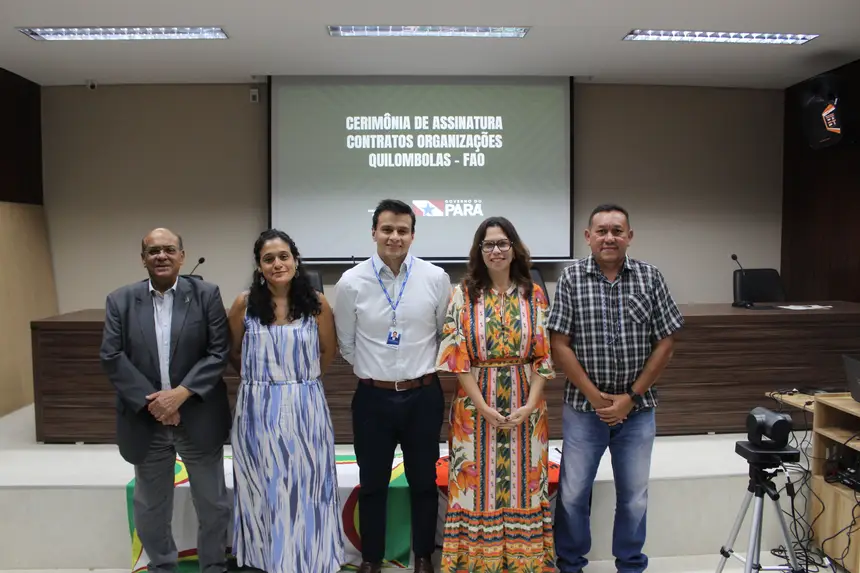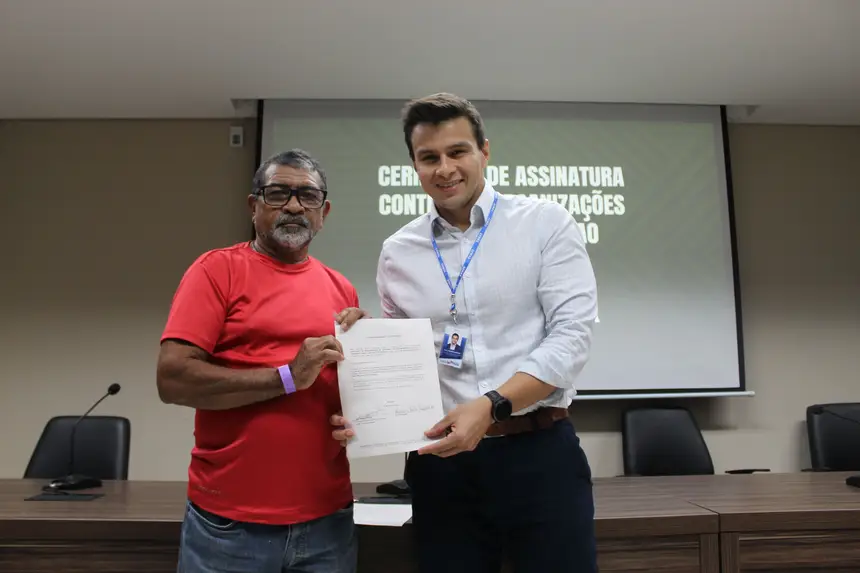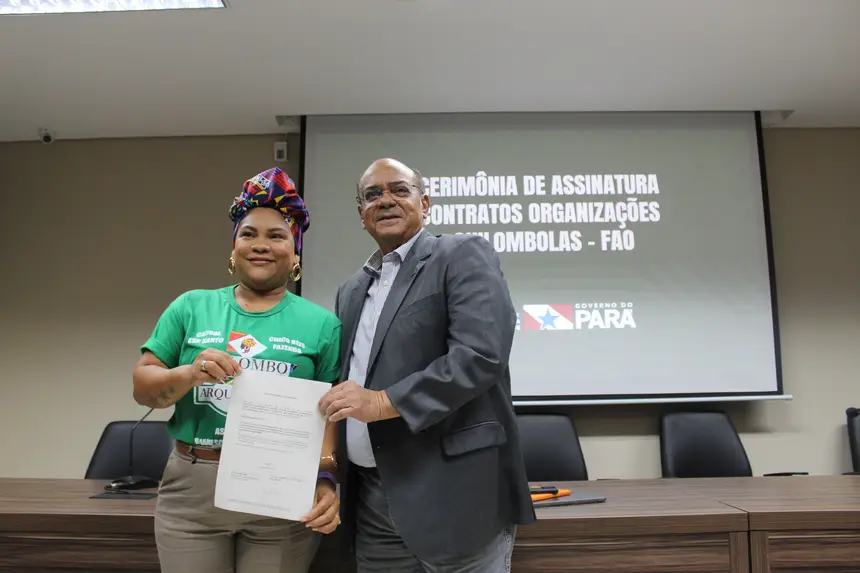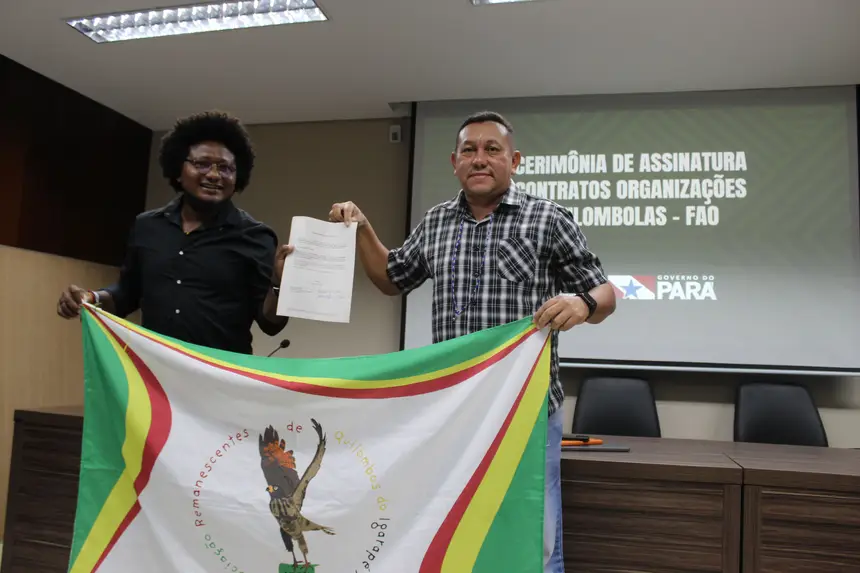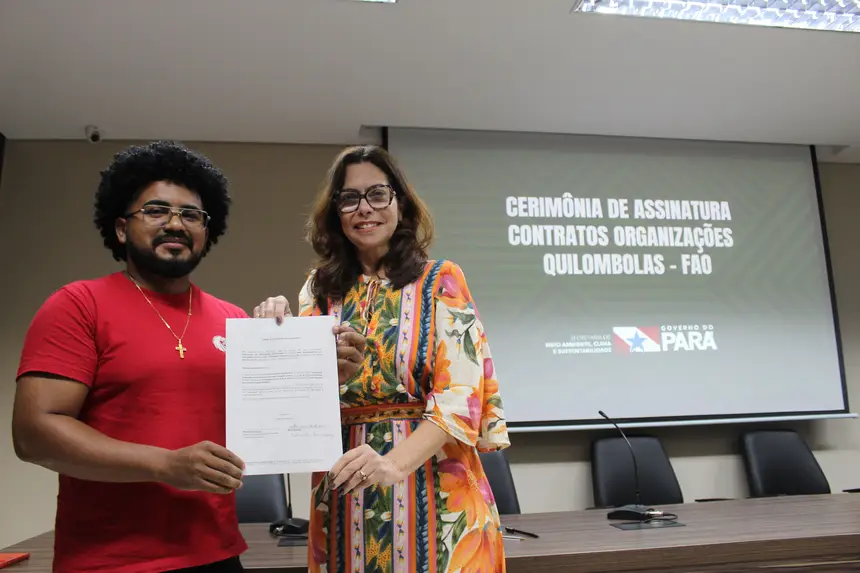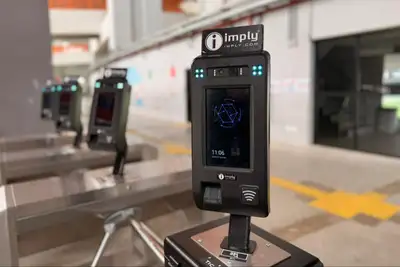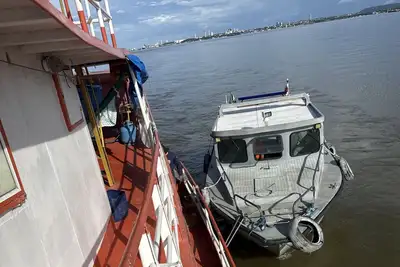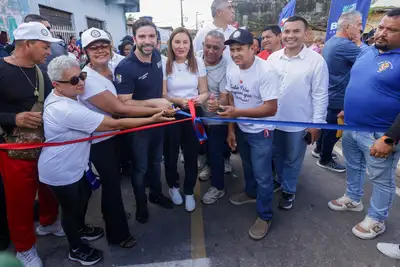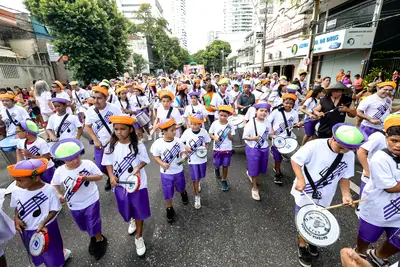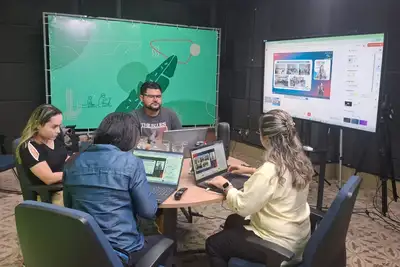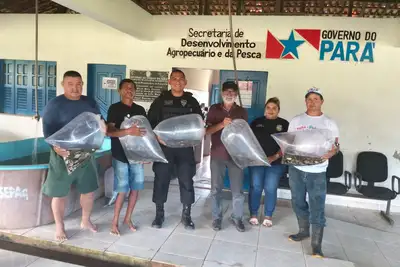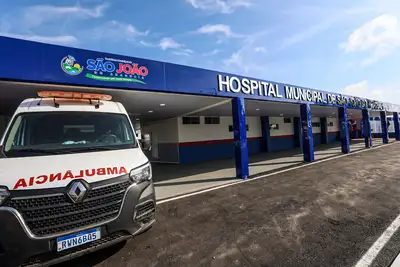Quilombola associations receive equipment to encourage digital inclusion and socio-bioeconomics
Through the Eastern Amazon Fund, in partnership with Semas, 13 associations from Tocantins and Marajó were awarded notebooks and technical support for project management
Representatives from 13 quilombola associations in the Tocantins and Marajó Integration regions received, on this Monday (30), notebooks to ensure digital inclusion and strengthen the institutional capacity of their organizations. The delivery of the equipment took place under the Eastern Amazon Fund (FAO), with donations from the Gordon and Betty Moore Foundation, in partnership with the State Secretariat for the Environment, Climate and Sustainability (Semas), and executed by the Brazilian Biodiversity Fund (Funbio).
The action is part of Project Call No. 22/2024, which selected initiatives aimed at developing socio-biodiversity chains in quilombola territories. The delivered equipment represents additional support to the first disbursement cycle, amounting to R$ 100,000 per organization, in addition to the technical support provided through training in project management, which will take place from July 1 to 4 in Belém.
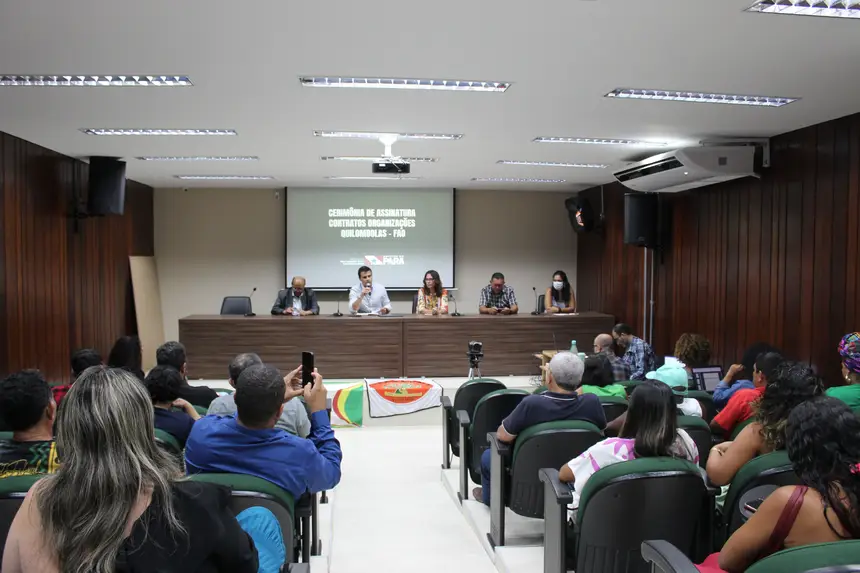
The event featured the participation of the State Secretary for the Environment, Climate and Sustainability, Raul Protázio Romão; the president of the Institute for Forest Development and Biodiversity (Ideflor-Bio), Nilson Pinto; the deputy secretary of Bioeconomy, Camille Bemerguy; the project manager at FunBio, Andréia Mello, and the executive coordinator of the Coordination of Associations of Remnant Quilombola Communities of Pará (Malungu), Hilário Moraes.
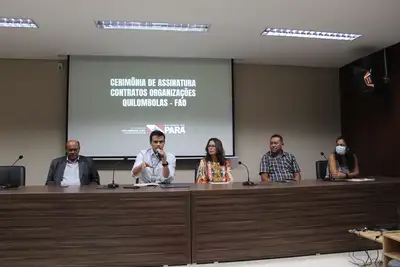
Concrete step - “We are very happy to contribute to the strengthening of quilombola associations. The delivery of the notebooks is more than a gesture; it is a concrete step towards the digital inclusion of these communities, allowing them to advance in project management, institutional communication, and the construction of autonomy,” emphasized Secretary Raul Protázio.
“During the project workshop process, the State and partners attentively listened to the reports from quilombola communities about the importance of digital inclusion. It was from this listening that the initiative to directly support this challenge emerged. Therefore, from this moment on, the project will also contribute to the digital inclusion of quilombola associations by donating a notebook to each of the beneficiaries, strengthening their institutional performance,” added the head of Semas.
The following quilombola associations were awarded notebooks, technical and financial support: São Benedito, from Cametá; Ramal do Bacuri, from Abaetetuba; Igarapé Arirá, from Oeiras do Pará; Vila Dutra, from Baião; Anilzinho, from Baião; Caeté, from Abaetetuba and Moju; Santa Fé and Santo Antônio, from Baião; Ilha Grande de Cupijó, from Moju; Moju Miri, from Moju; Calados and Caranãzal, from Baião; Igarapé Preto a Baixinha, from Baião; Costeira, from Oeiras do Pará; and Cacoal and Divino Espírito Santo, from Moju.
Haroldo Lobo de Jesus, representative of the São Benedito Quilombo Association, expressed his satisfaction. “We are very happy to be awarded. Our project talks about entrepreneurship for young people and adults, so it will greatly assist our youth in starting their own businesses. Many do not have jobs due to lack of knowledge, and with this project, we are sure that, with the computers we will receive and the structuring of our headquarters, this will lead our youth to seek better paths for our communities,” he said.
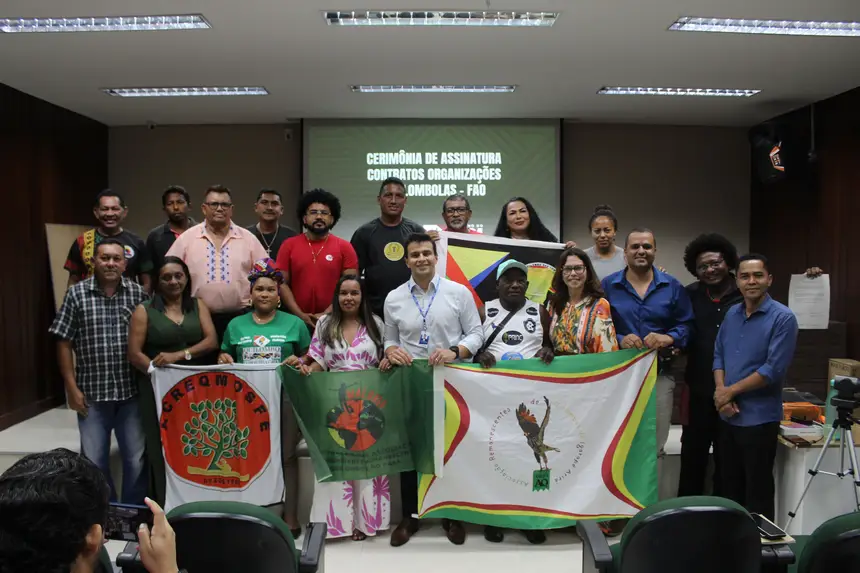
Expectation - Sara Rodrigues, from the communities of Cacoal and Divino Espírito Santo, in Moju, emphasized the importance of the initiative for quilombola territories. “It is a milestone for us in the State, as it is a project that will help a lot, not only my territory but the territory of several communities in the State. And we have very high expectations for this project to happen and that, in the future, there may be other cycles so that other communities can also be contemplated, just like mine,” she stated.
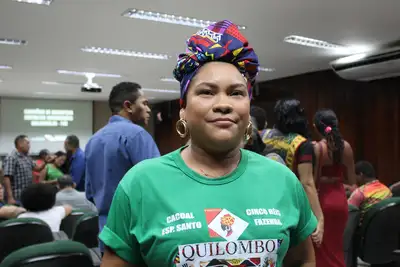
According to Hilário Moraes from Malungu, “we celebrate a very important day for us at Malungu. Today, with the signing of the contracts for the productive chains of the quilombola territories in the Tocantins and Marajó region, we celebrate this pact that has been made, and with great enthusiasm, so that we can really produce with quality.”
The support process began with a call for expressions of interest, followed by a training workshop for project development, in which representatives from 30 organizations participated.
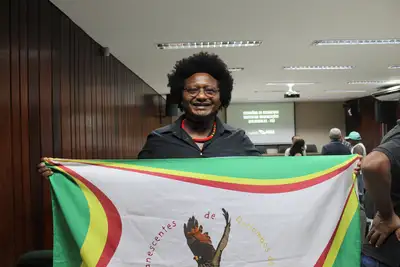
The objective of the initiative is also to provide ongoing guidance in training cycles for project management and institutional strengthening. The goal is to promote strategic investments in value chains and local productive arrangements, reducing transaction costs and expanding sustainable business opportunities in the regions covered by the project.



